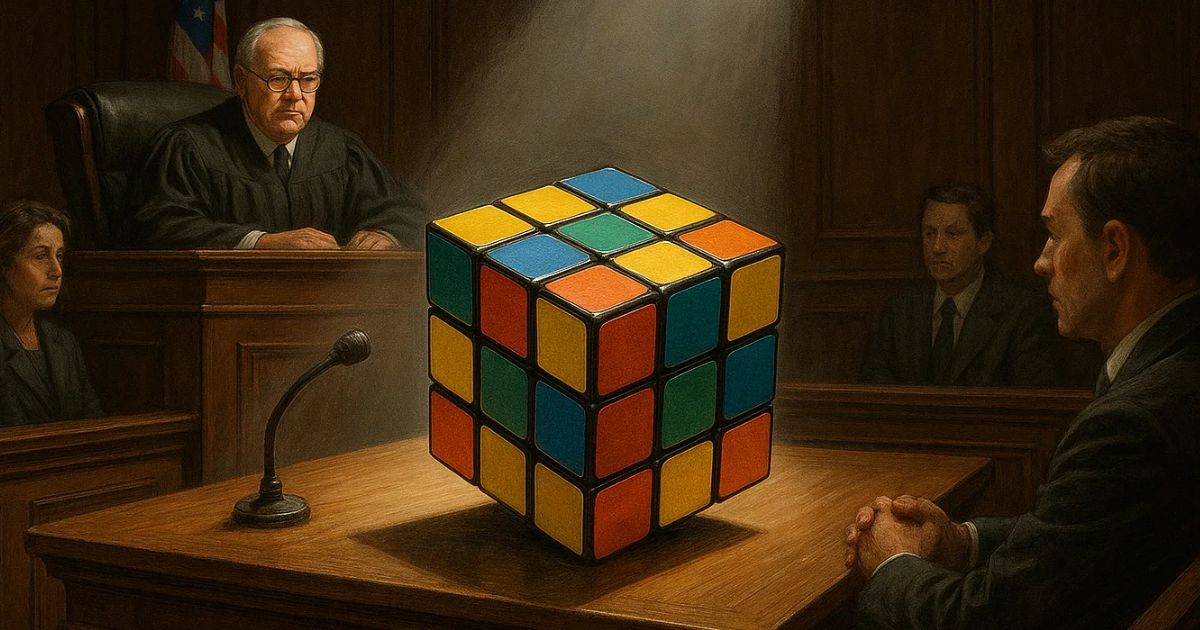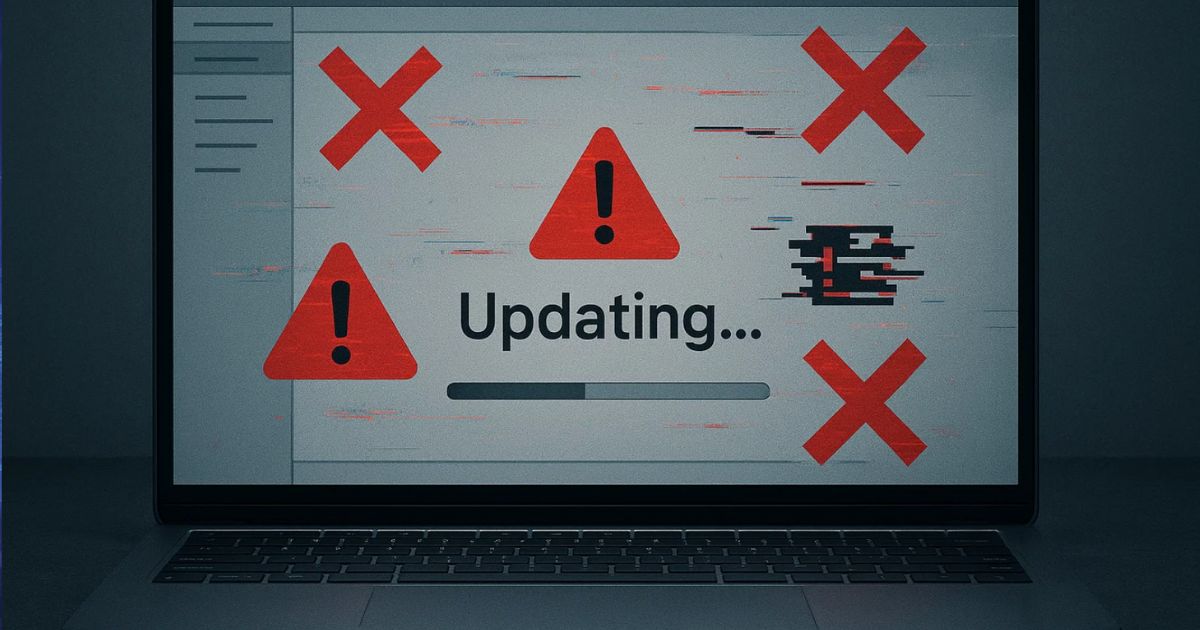Unfair Competition and Counterfeiting
Legal action against unfair competition and counterfeiting is one of Canella Camaiora®’s core areas of practice.
We approach every case with the mindset of seasoned litigators who not only know the law but also understand which procedure to initiate, when to do so, and with what strategic objective.
We act to protect our clients’ competitive advantage, commercial reputation, and intellectual property rights with urgency, precision, and method. Whether the goal is to stop imitation, respond to an accusation, or neutralize an infringement—online or offline—our guiding principle remains the same: the client’s best interest.
Do you want to receive now a personalized quote? Click on the “CALCULATE A QUOTE” button below. Answer a few simple questions and you’ll get a quote in less than two minutes.
Justice is complex—unless you truly understand how it works.
The key lies in activating the right legal tools with the right strategy, at the exact moment they are needed.
For six consecutive years (2020–2025), Canella Camaiora® has been recognized by Il Sole 24 Ore–Statista among Italy’s top law firms in the fields of Intellectual Property and TMT, based on an independent survey of attorneys, corporate counsel, and clients.
Our firm provides targeted and structured legal services, designed to deliver timely, precise, and effective responses:
- Initial consultation to assess the case;
- Legal opinions on interference between competing businesses;
- Cease-and-desist letters or responses to allegations;
- Defense in court and precautionary measures;
- Customs notices to block suspicious goods;
- Platform reports for content removal;
- Online monitoring and surveillance of potential infringements;
- Certified digital evidence collection (powered by TrueScreen®);
What is unfair competition?
Unfair competition arises when a business engages in dishonest practices to divert market share or clients from a competitor. Such conduct, which violates the principles of fair commercial conduct, may include product imitation, theft of confidential information, commercial disparagement, and organized boycott. The matter is governed by Article 2598 of the Italian Civil Code and is internationally recognized under the Paris Convention of March 20, 1883.
The difference between unfair competition and counterfeiting
Counterfeiting occurs when unfair competition also involves the infringement of industrial property rights, such as patents, registered trademarks, or copyright. In these cases, the violation extends beyond commercial misconduct to include a direct breach of exclusive rights.
Common forms of unfair competition
Frequent forms of unfair competition include:
- slavish imitation of names, trademarks, product designs, websites, or catalogs—causing confusion and diverting customers.
- Reference advertising or unauthorized association with a competitor’s reputation.
- Commercial disparagement through false and damaging statements.
Additional behaviors recognized by Italian courts include:
- Parasitic competition, systematically replicating a competitor’s business initiatives.
- Employee poaching, targeted recruitment of a competitor’s workforce.
- Organized boycott,pressure exerted on suppliers or partners to exclude a rival.
- Theft of confidential information, such as know-how, source code, client or supplier lists.
- Employee-driven competition involving misappropriated trade secrets.
- Misleading conduct such as false claims of “Made in Italy” or misuse of CE markings may also fall under the scope of unfair competition as forms of deceptive commercial practice.
How to act against unfair competition or counterfeiting
In many cases, a cease-and-desist letter may effectively stop the infringing behavior and lead to damage compensation. However, in more serious or urgent situations, it may be necessary to pursue judicial remedies, especially to preserve evidence or act by surprise.
For clear online violations involving trademarks, patents, designs, or copyrighted works, Canella Camaiora® handles direct notifications to the platforms hosting the infringing content (e.g., Amazon, Alibaba).
It is also possible to file a customs intervention request with the Italian Customs Agency to block suspect shipments.
When do unfair competition or counterfeiting become criminal offenses?
Unfair competition and counterfeiting frequently give rise to criminal liability. The Italian Criminal Code punishes a range of offenses, including unlawful competition with threats or violence (Art. 513-bis), commercial fraud (Art. 515), and the sale of industrial products with misleading marks (Art. 517).
These are situations where commercial misconduct escalates into violations of economic public order, resulting in liability that extends beyond civil damages.
That is why proactive market surveillance and timely response are essential. In legal protection, proactivity is the true key to success.
Unfair Competition and Counterfeiting
Initial consultation to assess the case
Legal opinions on interference between competing businesses
Cease-and-desist letters or responses to allegations
Defense in court and precautionary measures
Customs notices to block suspicious goods
Platform reports for content removal
Online monitoring and surveillance of potential infringements
Certified digital evidence collection (powered by TrueScreen®)
Do you want to receive now a personalized quote? Click on the “CALCULATE A QUOTE” button below. Answer a few simple questions and you’ll get a quote in less than two minutes.

Just cause dismissal: when courts uphold employer decisions
Dismissal for just cause is the most severe form of employment termination. It is a measure the employer may adopt when an event occurs that [...]

Artificial intelligence and copyright: creativity remains (still) human
In Italy, the relationship between artificial intelligence and copyright is taking clearer shape, thanks to an initial ruling by the Italian Supreme Court and a [...]

Is the software house liable if custom software doesn’t work?
When a company commissions the development of custom software from an external provider, it rightfully expects a working, reliable product delivered on time. However, delays, [...]

Corporate software: how to terminate the contractual relationship with the developer without losing your rights
Terminating a software development project can be a critical juncture for any company—especially in the absence of adequate contractual safeguards. What’s at stake is not [...]

Copyright and images in book publishing: legal guidelines
In the publishing industry, the use of images is never a neutral act. Every photograph, drawing, or illustration may be protected under copyright law, and [...]

Employment stability clauses: when they are valid and what they involve
The stability clause, also known as a minimum duration clause, is an increasingly common feature in employment contracts, particularly in contexts where the company invests [...]

That “artistic value” the European Union doesn’t require (but Italy does)
On April 30, 2025, the Venice Court prohibited the sale of a three-dimensional puzzle called the “Cubo Teorema,” judging it too similar to the famous [...]

“Looks like a sponsor, but isn’t”: the Zalando and UEFA Euro 2020 case
Can a brand appear to be the sponsor of a major sporting event without actually being one? And more importantly: can it do so without [...]

“Cat Nat” insurance for SMEs: what changes in 2025

Defending innovation in the kitchen: patents, designs, and the chef’s secrets

NDA and disloyal clients: the case of stolen projects and confidential materials
